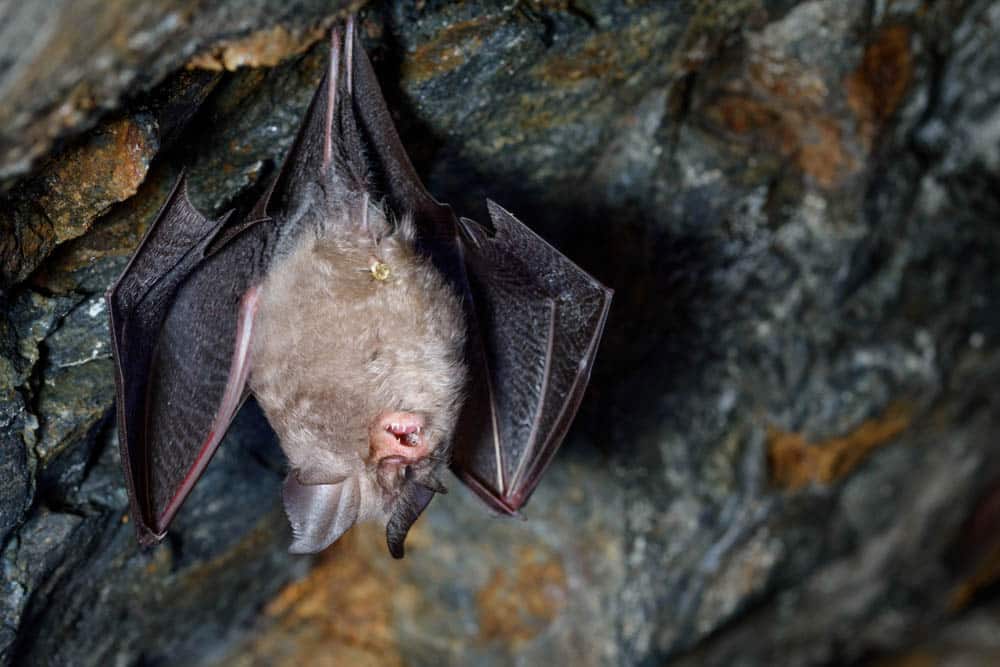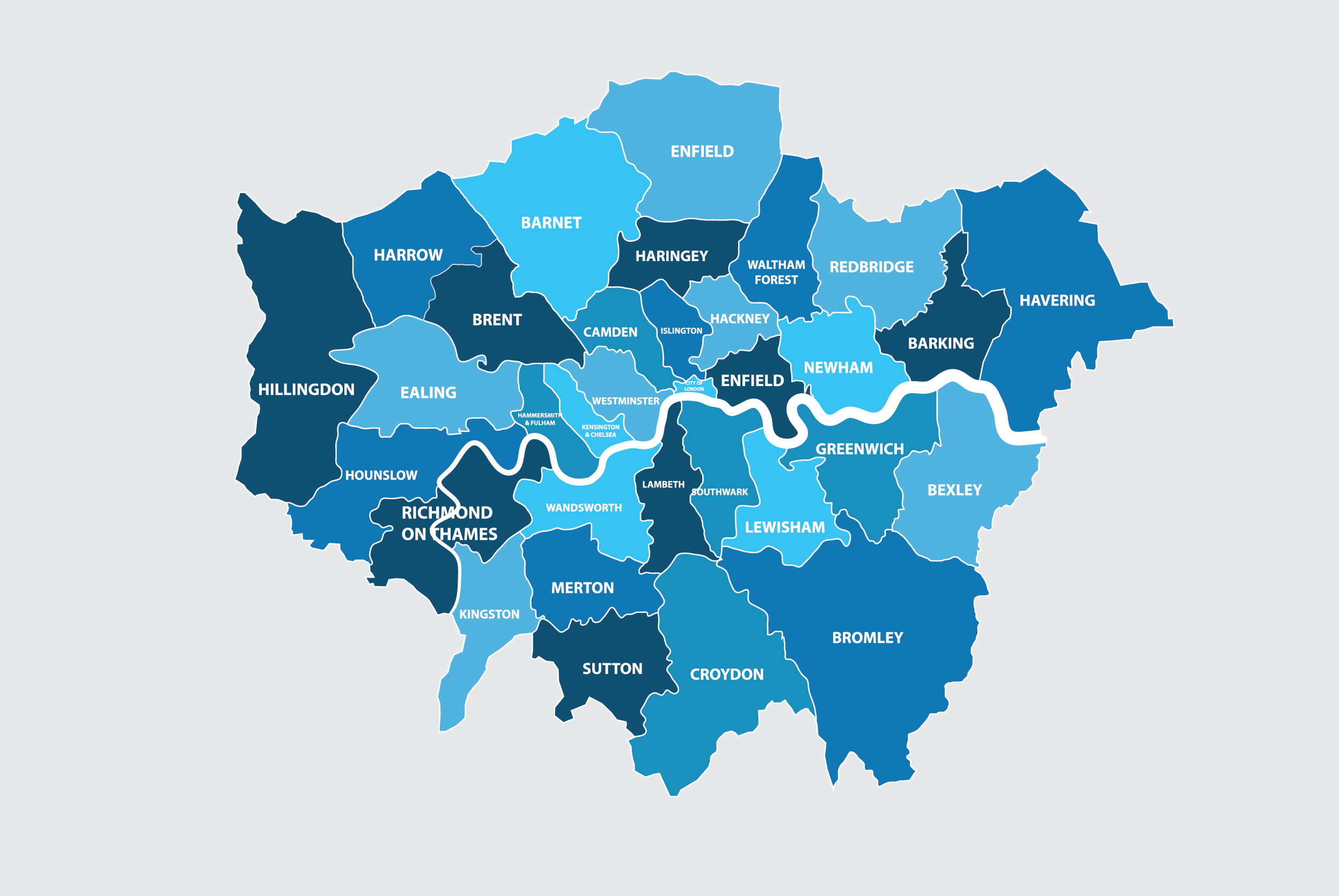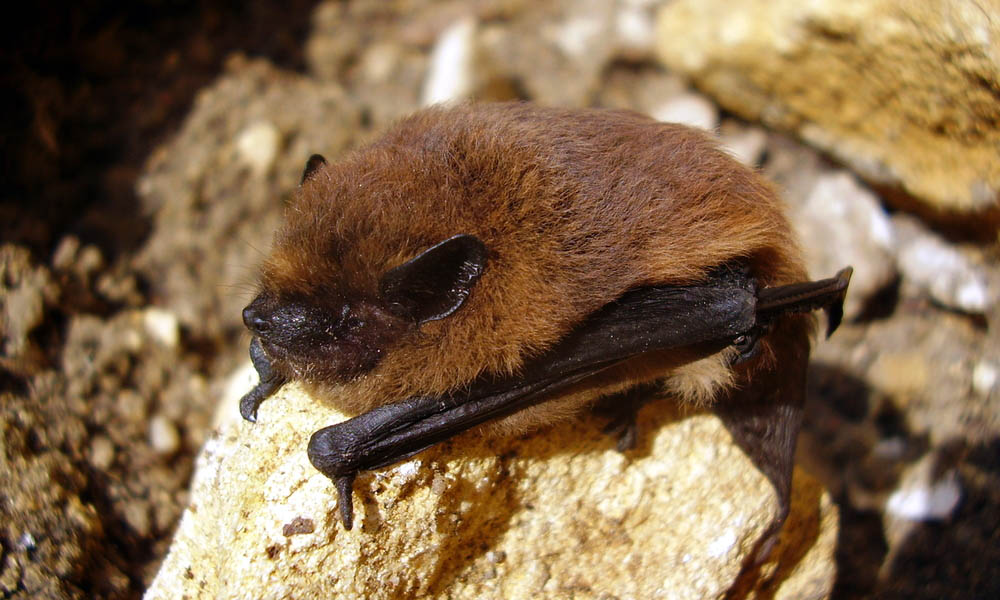Ongoing Need for London Bat Surveys
A densely populated location, the capital growth in London in terms of economic prosperity, home and property values, and population are showing no signs of slowing, even following the pandemic and the resulting increase in home working.
For example, the population of London is only 12.5% of the UK as a whole, but the city generates almost a quarter of total GDP. Likewise, in 2020, the average price of a home in the capital rose above the £600,000 mark for the first time in history. Finally, the present population of Greater London is over nine million people, and by 2050, it is predicted to grow by another two million.
In essence, a hive of development activity is likely to get even busier, and as a result, pressure will mount on the 32 boroughs of London to consent to more and more development. As high streets feel the double hammer of the lockdown and a mass move to online shopping, perhaps our town and city centres will become even more densely populated as large stores and offices that used to be able to command enormous rents slowly, one by one, get converted into dwellings for the extra 70,000 people annually that will come to call London their home.
A trade off with biodiversity occurs any time outside spaces, natural habitats and existing, imperfect structures with architectural defects and features that provide for suitable bat roosting habitat are sacrificed for redevelopment. In short, all of this new construction, conversion and renovation activity risks a loss of bat roosting habitat on a wholesale scale.

Consideration of Bats in London
With the Mayor of London committing heavily to tree planting and improvements to green infrastructure and open spaces in recent times, there will be yet more pressure to ensure that consented development activity and permitted development is protective or even additive to local biodiversity, compounded by the borough’s various commitments to their own biodiversity action plans, such as the Environment Bill’s insistence on 10% increase to ecological value as part of biodiversity net gain.
Volunteer interest groups also have an influence over planning applications and even policy. The London Bat Group, for example, sells local biological records data to consultants – including Arbtech – to integrate into London bat surveys and, more specifically, preliminary roost assessment (PRA) reports, to inform decisions about proximate habitat use and quality using known sightings of roosting bats, various species of bats, and identified bat roosts as a proxy.
The more data these organisations collect over time, the better the resolution of the spread of roosting bats and bat roosts throughout London is. Each passing year, bat surveys are more likely to lead to resistance to development and/or licenced mitigation works that are designed to combat habitat loss, from minor changes such as bat boxes to significant alterations that could impact a development project. Developers aiming to develop, convert and restore are instead forced to deal with pressures to avoid, mitigate and enhance existing habitats.

Bats and Planning Permission in London
Avoiding the need for a bat survey simply isn’t an option, with Bellway Homes criminally prosecuted and fined £600k in January 2021 for the destruction of a bat roost on a site in Greenwich. And they already had planning consent.
All 17 European protected species of bat that breed in the UK are fully protected under Schedule 2 of the Conservation of Habitats and Species Regulations 2017 and Section 9 of the Wildlife and Countryside Act 1981, preventing harm or death coming to bats and disturbance or destruction coming to bat roosts.
This doesn’t mean that, because your development will affect bats, you will inevitably be obstructed from achieving your development ambitions; it just means that – in line with the Wildlife and Countryside Act 1981 and the Conservation of Habitats and Species Regulations 2017 – there’s a protocol to follow.
Bat Survey Process
This first stage takes the form of a Preliminary Roost Assessment, often called a PRA, Phase 1 Bat Survey or Scoping Bat Survey. This is a physical survey and desk study exercise, and if other European protected species are found at this point, the surveyor will suggest a potentially wide variety of protected species surveys or ecological services.
The desk study looks at the proximate landscape and habitat connectivity, as well as taking in data from DEFRA, Natural England, and the London Bat Group. The goal is to provide effective habitat management, minimise impacts and critically assess the impact on a potential roost’s destruction, in terms of how it would disperse local bat populations within the subject site to the surrounding land, as well as historic licenced roost destructions that, in turn, dispersed their own bat population to within the subject development site.
In truth, this rarely (but certainly not never) turns up surprise information that might significantly affect the sensitivity of what you’re planning to do. The physical survey is very simple, too. There’s an assessment of three criteria that could trigger bat emergence surveys, often called Nocturnal Surveys or Dusk and Dawn Surveys, and formally known as bat emergence and re-entry surveys (BERS), or allow your planning application to progress unhindered.
In the majority of cases, Bat Emergence Surveys are not recommended. The physical element of your initial bat survey seeks to assess the following: bats; physical evidence of bat activity (such as feeding remains); and features on the exterior of the buildings that could be habitat, or very actually are habitat. A BERS assessment takes place at dusk or dawn and requires the ecologist to monitor likely entry and exit points using expert observance and specialist equipment such as bat detectors to monitor bat activity and determine present bat species on the site.
You can find out much more about preliminary bat surveys in a 15-minute video that explains everything there is to know about the assessment so you can pass go and collect your two hundred dollars here.

London’s #1 Bat Surveyors – Hundreds of Positive Reviews Can’t Be Wrong!
In terms of how we deliver our work, we’ve tried to build a company that we’d actually like to do business with. Arbtech’s bat ecologists are qualified, experienced, knowledgeable of the latest news from the ecology industry, and take complete ownership of your ecological site issues by carrying out quality standard ecology surveys, including bat surveys, European protected species surveys and other ecology services.
Regardless of the most suitable method, our ecologists work until any and all potential problems identified during a bat scoping survey are resolved to the fullest standard. Our USPs include speed in terms of instant quotes, rapid surveys and reports within a few short days, and the Arbtech guarantee that ensures your money back if our ecology surveys, bat surveys and other legally protected species surveys don’t successfully lead to planning from your local authority.
Bat Surveys in all 32 of the London Boroughs:
- Barkley
- Barnet
- Bexley
- Brent
- Camden
- Ealing
- Enfield
- Hackney
- Hammersmith and Fulham
- Haringey
- Harrow
- Havering
- Hillingdon
- Hounslow
- Islington
- Kensington and Chelsea
- Kingston
- Lambeth
- Merton
- Redbridge and Newham
- Richmond
- Southwark
- Sutton
- Waltham Forest
- Wandsworth
- Westminster
Speak to London’s Most Trusted Ecological Consultancy
Although the cost of a PRA typically starts at £389+VAT, we conduct bat surveys on development sites that are all shapes and sizes, even including bat surveys on the Houses of Parliament and multiple surveys for architects and planning agents in and around London that require visiting several properties in a day, significantly reducing per unit cost.
Due to this, we price up every assessment based on the specifications of the site and project in question. If you fill out the box at the top of this screen or visit our Contact Us page, we’ll get in touch the same day and send a detailed fee sheet for a bat survey over to you. A signature is all we need, which you can scan or take a photo of on your phone, and we’ll jump right on it.
It is also worth a brief mention that the primary reason we can offer fixed, all-inclusive fees with no hidden extras such as the mileage and expenses of our staff – whether you’re in East Sussex in South East England or Edinburgh in Scotland – is because we have a team of administrational staff in our HQ at Chester, consultants strategically situated all over the country, and manage a team of in-house ecologists.
The experts within our ecology team can support roosting of inhabiting and foraging bats in the area, provide expert recommendations, and if the bats need to be relocated, develop effective mitigation measures such as moving them away from the site or installing bat boxes so they are out of harm’s way.
You Can Find Us Here:
Arbtech Bat Surveys,
New Broad Street House,
New Broad Street,
London,
EC2M 1NH


